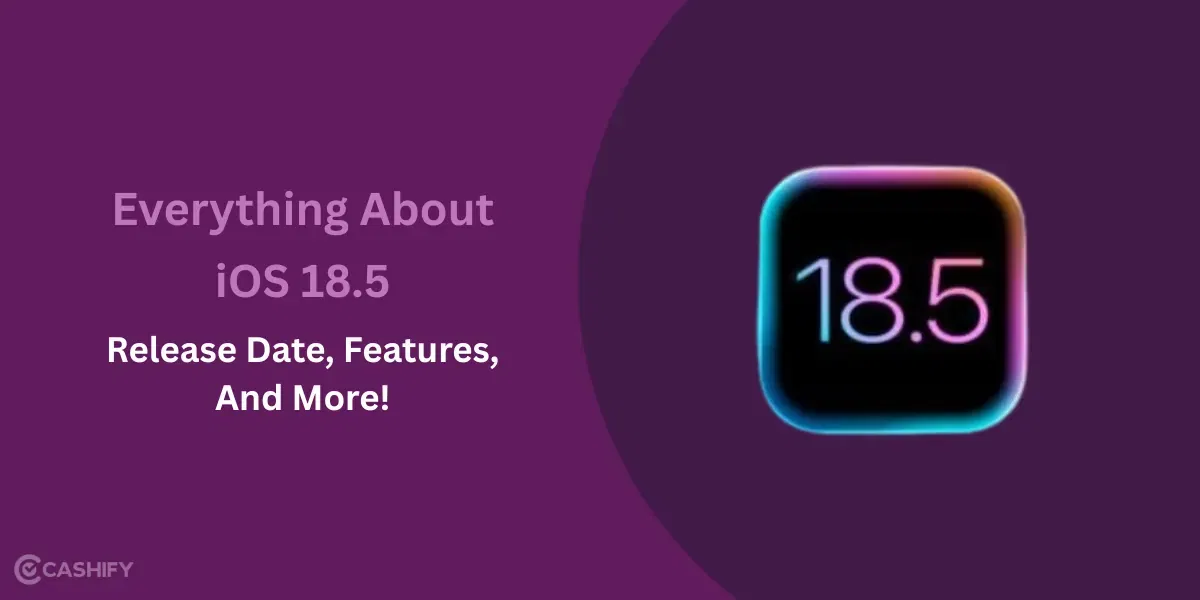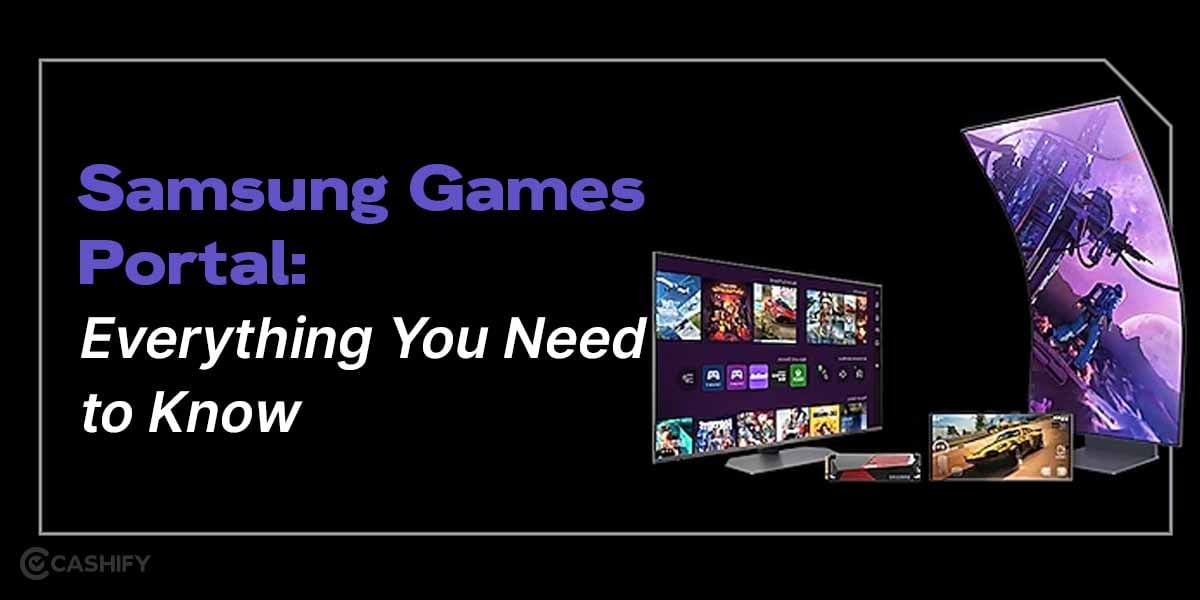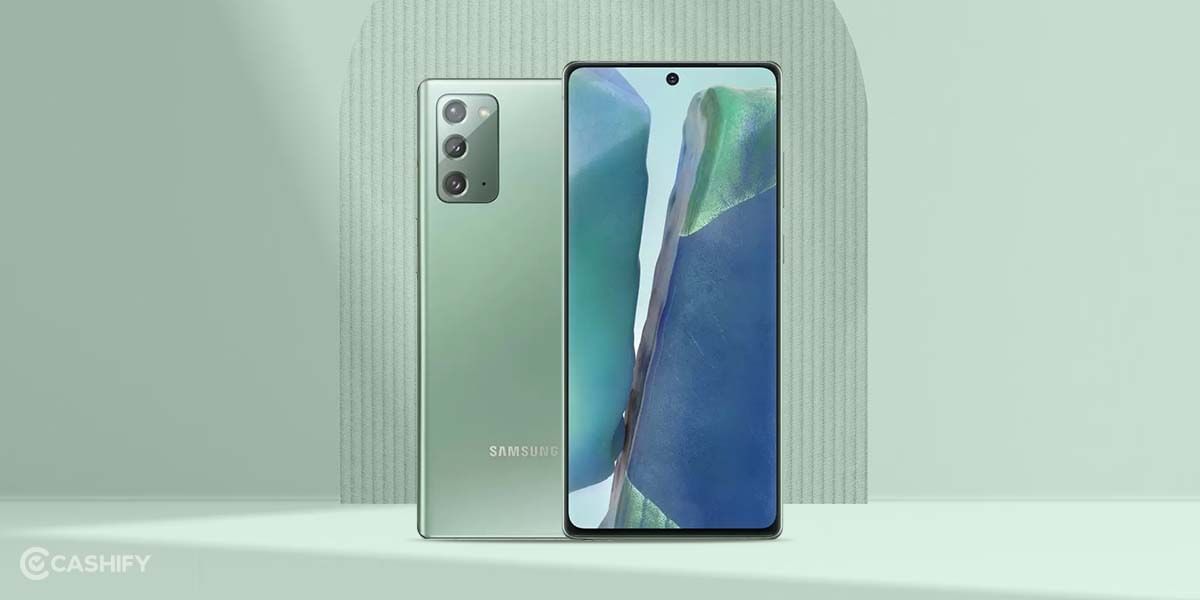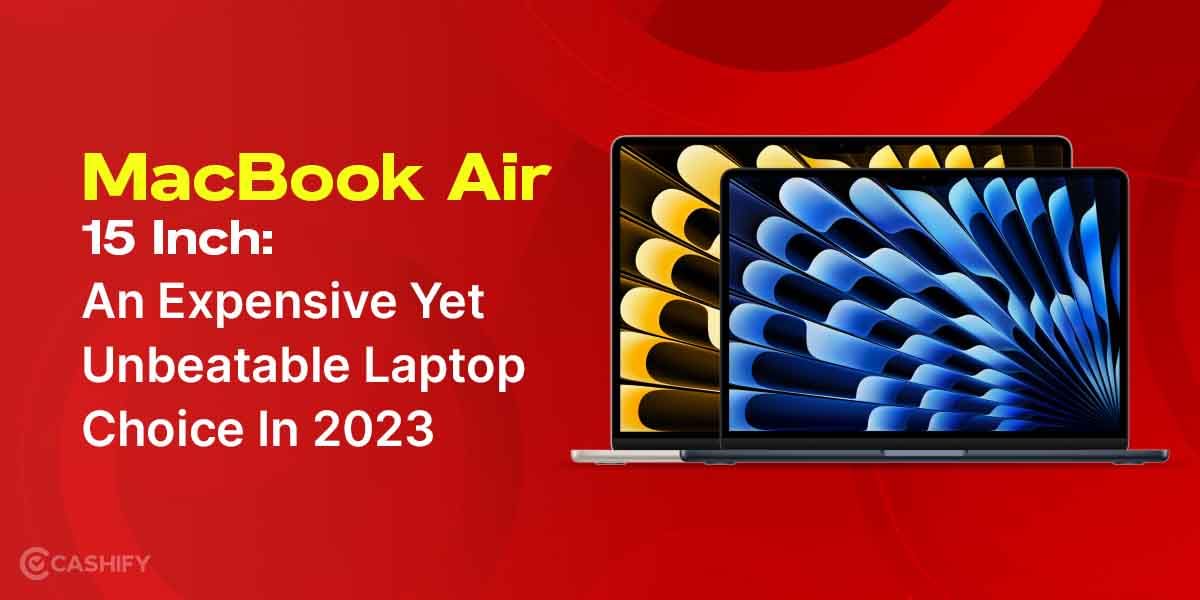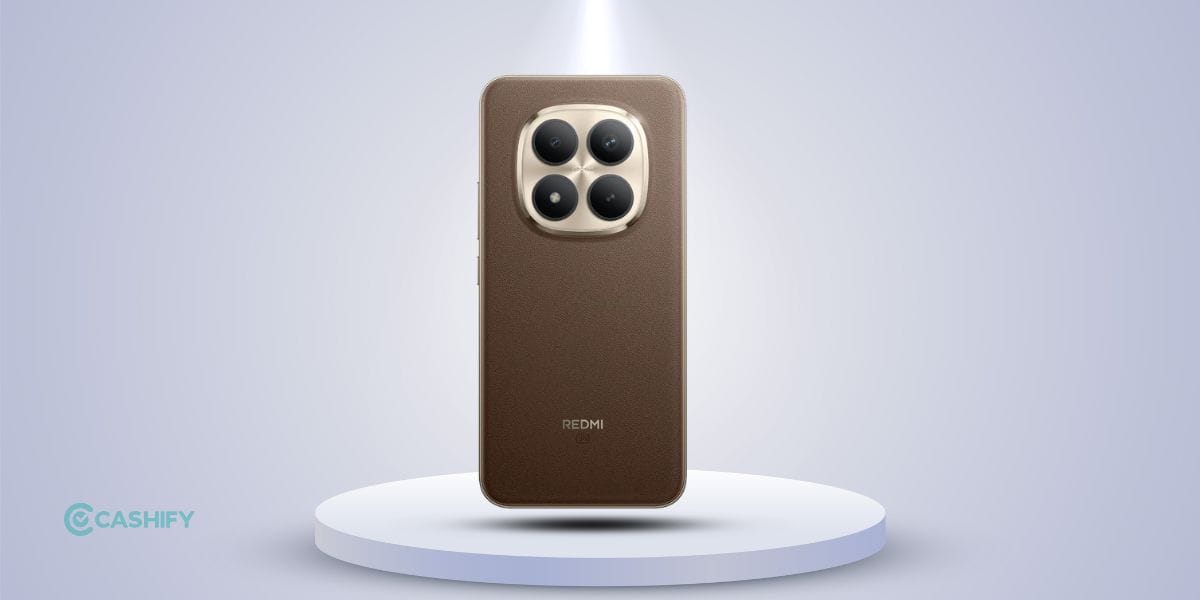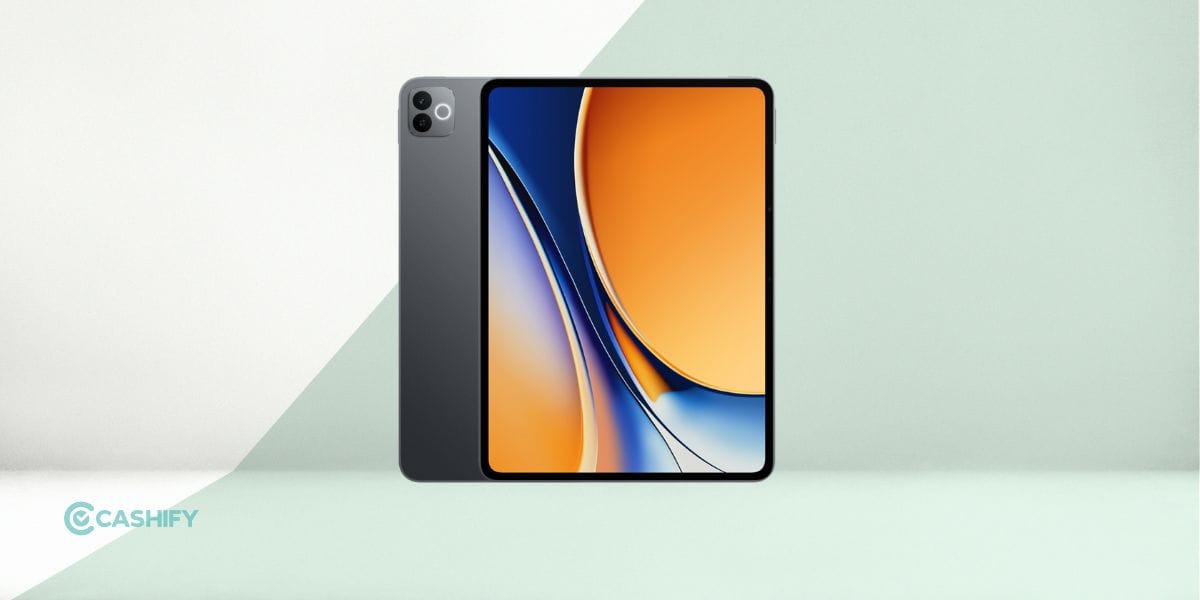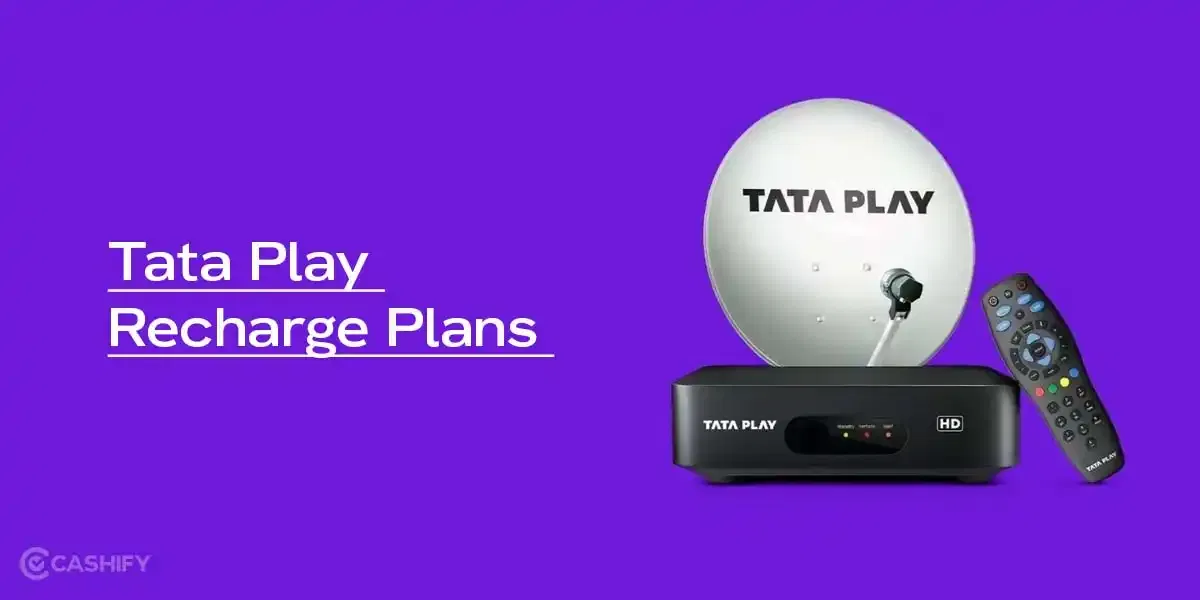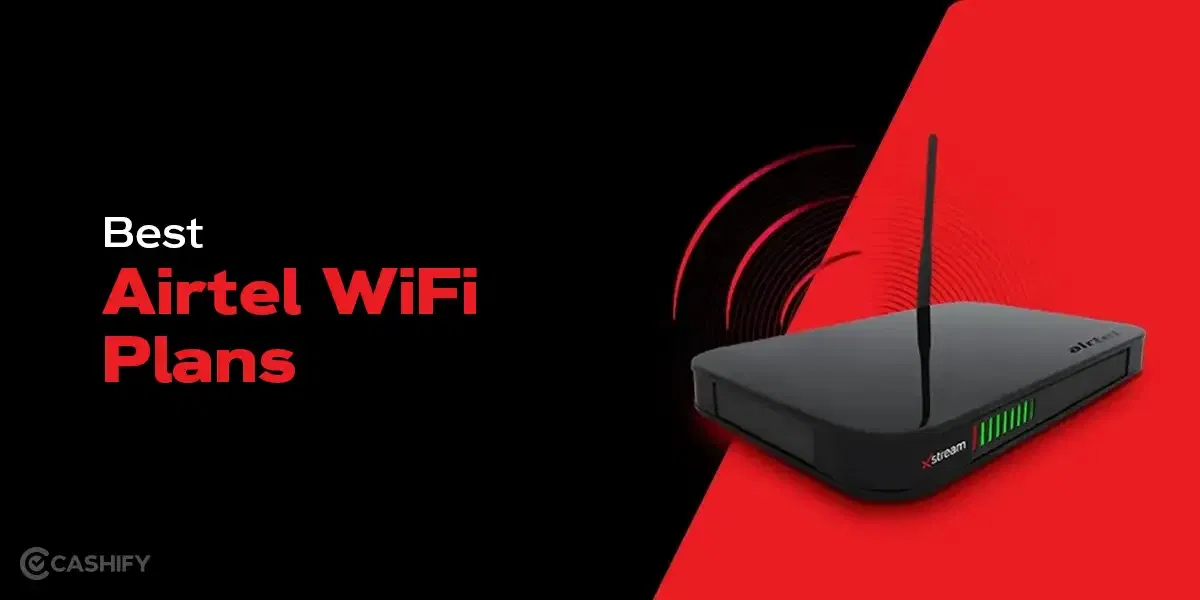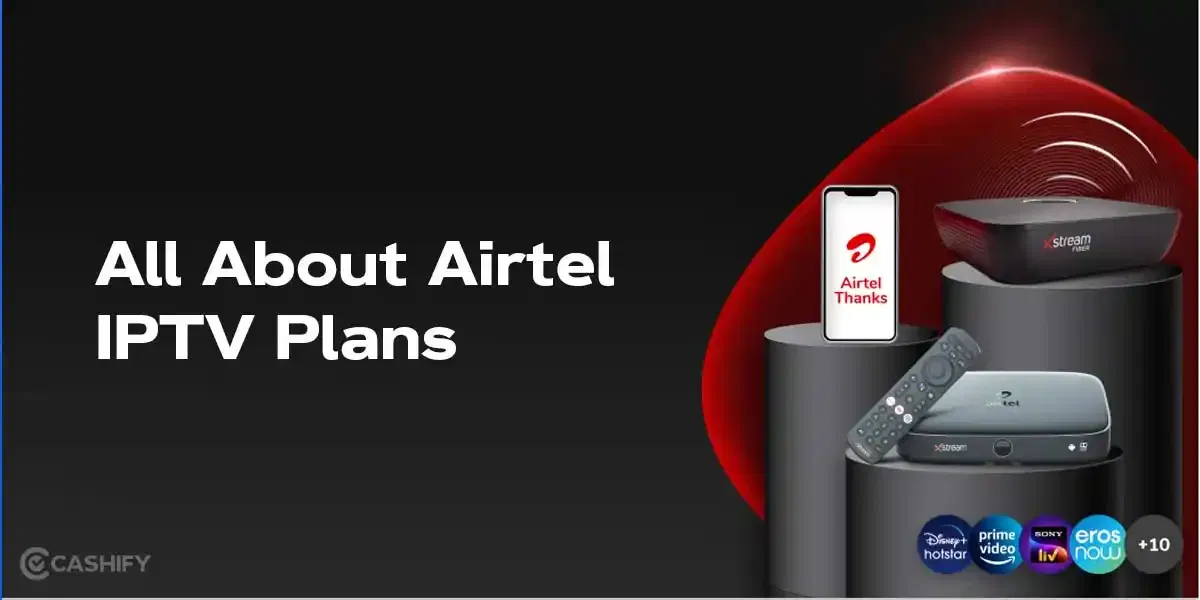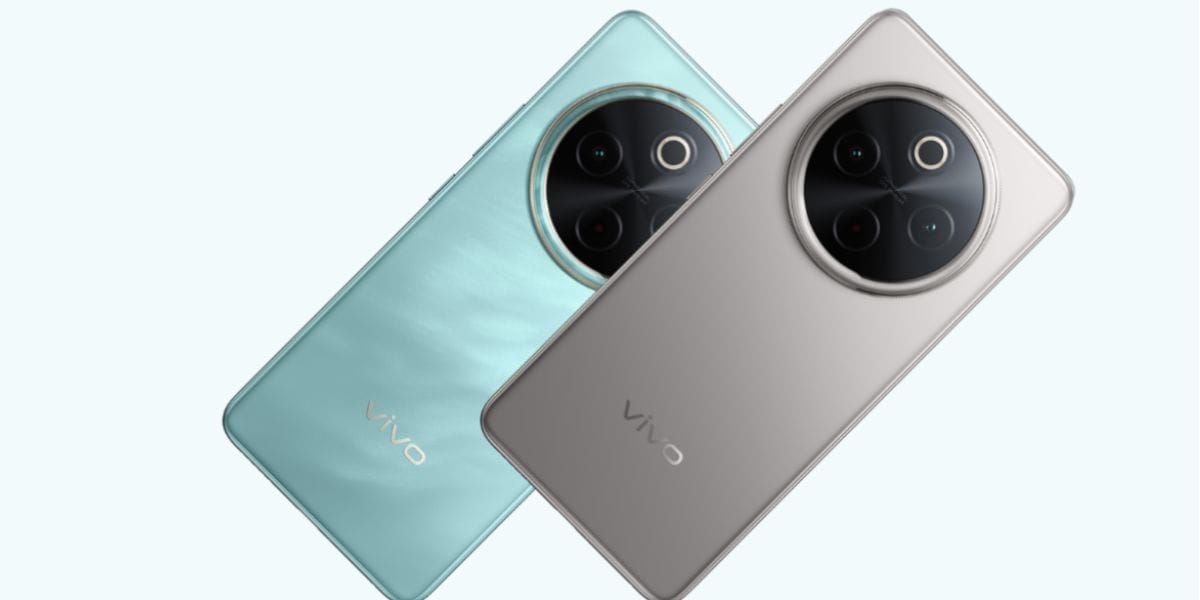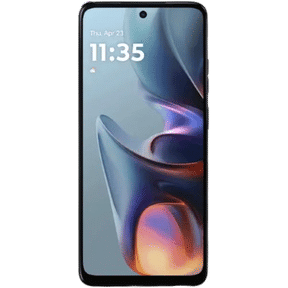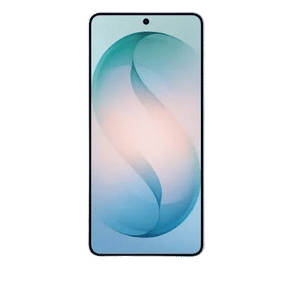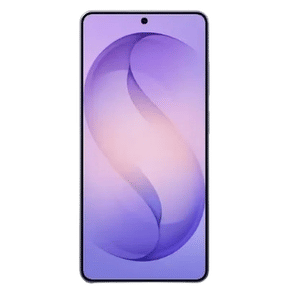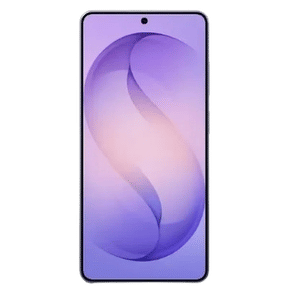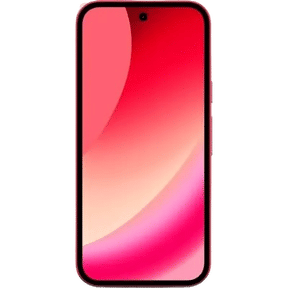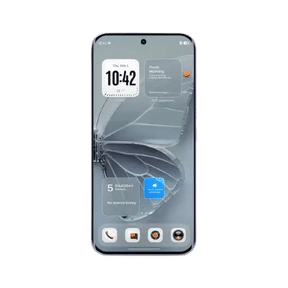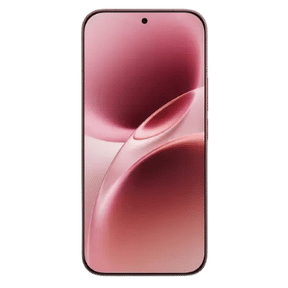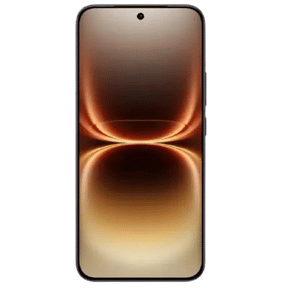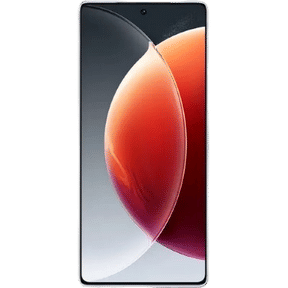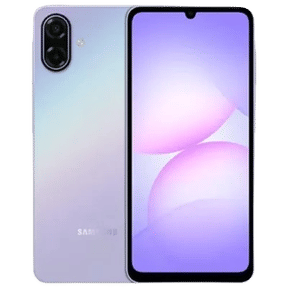Smartphone processors have evolved a lot with time. And brands today are focusing on finding the perfect balance between performance, battery life, and value. Two mid-range chipsets that continue to dominate the market are Exynos 1380 vs Snapdragon 778G. But when it comes to finding the best one out of two- you need to consider a few things. In this blog, let us discuss that in detail.
Also Read: Exynos 2400 Vs Snapdragon 8 Gen 3: Who Wins The Battle In 2025?
Exynos 1380 Vs Snapdragon 778G: Benchmarks & Ratings
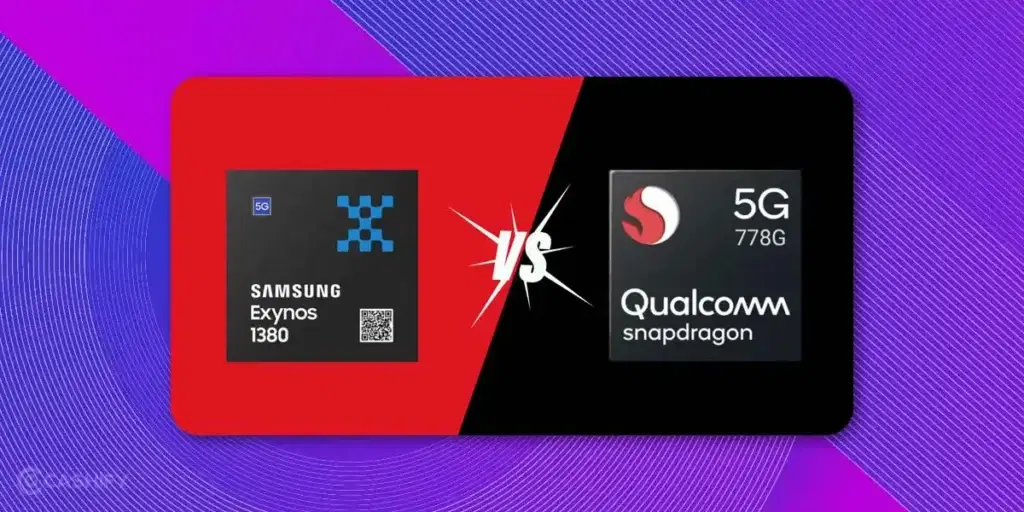
You can determine the processor’s performance based on its benchmark ratings. Here, have a look at the AnTuTu, GeekBench and 3DMark score for the Exynos 1380 vs Snapdragon 778G:
| Test | Exynos 1380 | Snapdragon 778G | Difference |
| AnTuTu 10 | 599184 | 597653 | Exynos 1380 leads by 0.26% |
| GeekBench 6 | 999 (Single-Core score) 2758 (Multi-Core Score) | 1017 (Single-Core score) 2841 (Multi-Core Score) | Snapdragon 778G leads by 2% in Single-Core, 3% in Multi-Core |
| 3DMark | 2772 | 2439 | Exynos 1380 leads by 14% |
In Short:
- Exynos 1380 has an edge in overall graphics and gaming performance (3DMark).
- Snapdragon 778G pulls ahead in CPU-centric tasks, especially in single and multi-core GeekBench scores.
Also Read: Exynos Processor Ranking 2025: Full List & Performance Comparison
Exynos 1380 Vs Snapdragon 778G: Performance
The Exynos 1380 is Samsung’s latest attempt to capture the mid-range audience. Built on a 5nm fabrication process, it brings better power efficiency and improved performance. It features a balanced octa-core setup with four Cortex-A78 performance cores and four Cortex-A55 efficiency cores.
On the other side, the Snapdragon 778G, built on a 6nm process, uses Kryo 670 cores based on similar ARM architecture. Despite being slightly older, it continues to shine due to excellent real-world optimization.
Here’s a comparison table for the Exynos 1380 vs Snapdragon 778G specs:
| Specs | Exynos 1380 | Snapdragon 778G |
| CPU | 4x Cortex-A78 @ 2.4 GHz + 4x Cortex-A55 @ 2.0 GHz | 1x Kryo 670 Prime (Cortex-A78) @ 2.4 GHz + 3x Kryo 670 Gold (Cortex-A78) @ 2.2 GHz + 4x Kryo 670 Silver (Cortex-A55) @ 1.9 GHz |
| Cores | 8 | 8 |
| GPU | Mali-G68 MP5 | Adreno 642 |
| GPU Frequency | 949 MHz | 550 MHz |
| Memory | LPDDR5, 3200 MHz | LPDDR5, 3200 MHz |
| Max Camera Resolution | 1 x 200 MP | 1x 192MP, 2x 36MP |
| Video Capture | 4K at 30FPS | 4K at 30FPS |
| 5G Support | Yes | Yes |
| WiFi | Wi-Fi 6 | Wi-Fi 6 |
| Bluetooth | 5.3 | 5.2 |
| Download Speed | Up to 3790 Mbps | Up to 3700 Mbps |
| Announced | February 2023 | May 2021 |
Verdict: Both chipsets offer excellent day-to-day performance, but Snapdragon 778G may feel a little snappier in UI navigation and multitasking, thanks to Qualcomm’s mature software optimization.
Also Read: Don’t Miss These 5G Mobile Phones Under 15000: Budget Picks 2025
Exynos 1380 Vs Snapdragon 778G: Workload Comparison
Here’s the benchmark test results for Exynos 1380 vs Snapdragon 778G focusing on how these chipsets handle various workloads, particularly those related to graphics, multimedia, and AI processing:
| Task | Exynos 1380 | Snapdragon 778G | Difference |
|---|---|---|---|
| Asset Compression | 142.3 MB/sec | 160 MB/sec | Snapdragon 778G is 12.5% faster |
| HTML 5 Browser | 75.9 pages/sec | 64.3 pages/sec | Exynos 1380 is 17.8% faster |
| PDF Renderer | 105.2 Mpixels/sec | 97.1 Mpixels/sec | Exynos 1380 is 8.3% faster |
| Image Detection | 52.9 images/sec | 55.6 images/sec | Snapdragon 778G is 5.1% faster |
| HDR | 91.9 Mpixels/sec | 91.7 Mpixels/sec | Exynos 1380 is slightly faster |
| Background Blur | 9.3 images/sec | 11.1 images/sec | Snapdragon 778G is 19.4% faster |
| Photo Processing | 25.5 images/sec | 20.3 images/sec | Exynos 1380 is 25.6% faster |
| Ray Tracing | 4.02 Mpixels/sec | 4.27 Mpixels/sec | Snapdragon 778G is 6.2% faster |
Verdict: Based on these workload comparison, we can say that both these chipsets are capable and have their own areas where they shine well.
Exynos 1380 Vs Snapdragon 778G: Gaming Experience
GPU performance has a crucial role to play in enhancing your gaming experience. As seen above, the Exynos 1380 features the Mali-G68 MP5 which is excellent for casual and moderately demanding games. While the Adreno 642 featured in the Snapdragon 778G is known for consistent frame rates and efficient thermal management.
Here’s the Exynos 1380 vs Snapdragon 778G gaming test for various games:
| Gaming Test | Qualcomm Snapdragon 778G | Samsung Exynos 1380 | Difference |
|---|---|---|---|
| PUBG: Mobile | 60 fps | 60 fps | Same |
| PUBG: New State | 58 fps | 55 fps | Exynos 1380 5.45% lower |
| Call of Duty: Mobile | 43 fps | 46 fps | Exynos 1380 6.98% higher |
| Fortnite | 28 fps | 25 fps | Exynos 1380 12.00% lower |
| Genshin Impact | 50 fps | 49 fps | Exynos 1380 2.04% lower |
| Mobile Legends: Bang Bang | 60 fps | 60 fps | Same |
Verdict: Snapdragon 778G is more versatile and better suited for gamers who prioritize consistency and higher frame rates in demanding titles.
Also Read: 8 Cool Things You Can Do With Moto Edge 60 Stylus
Battery Efficiency
Both processors are built on high fabrication process i.e., 5nm (Exynos 1380) and 6nm (Snapdragon 778G), which means they are very efficient. However:
- Exynos 1380 uses slightly newer power management techniques, offering better standby time and less battery drain during light tasks like web browsing or social media.
- Snapdragon 778G, thanks to Qualcomm’s mature efficiency optimization, still does an excellent job under mixed usage.
Verdict: In the Exynos 1380 vs Snapdragon 778G battery comparison, Exynos 1380 is the winner by a small margin.
Camera & AI Performance
Next in the Exynos 1380 vs Snapdragon 778G, we will discuss camera and AI performance. With support for up to 200 MP cameras, the Exynos 1380 is a strong contender for camera enthusiasts. It integrates AI-enhanced features for improved scene recognition, object detection, and portrait enhancement.
The Snapdragon 778G also supports high-resolution cameras (up to 192 MP) and features advanced AI-driven optimizations through the Hexagon 770 AI engine. It excels in night photography, portrait mode, and video stabilization.
Verdict: Both chipsets excel in their own right, but for camera and AI capabilities, Snapdragon 778G slightly edges out Exynos 1380.
Phones Having Exynos 1380 Vs Snapdragon 778G
Let us now have a look at some of the phones that come with these chipsets:
| Exynos 1380 | Samsung Galaxy M35, Samsung Galaxy A26, Samsung Galaxy F54, Samsung Galaxy A54 |
| Snapdragon 778G | Vivo V29, Samsung Galaxy A73 5G, OPPO Reno10 Pro 5G, POCO X5 Pro |
Also Read: 5 Best Mid-Range Samsung Phones You Can’t Miss In 2025
When To Choose Which Chipset?
So, when to choose Exynos 1380 vs Snapdragon 778G chipset? Let’s have a look:
Choose Exynos 1380 if:
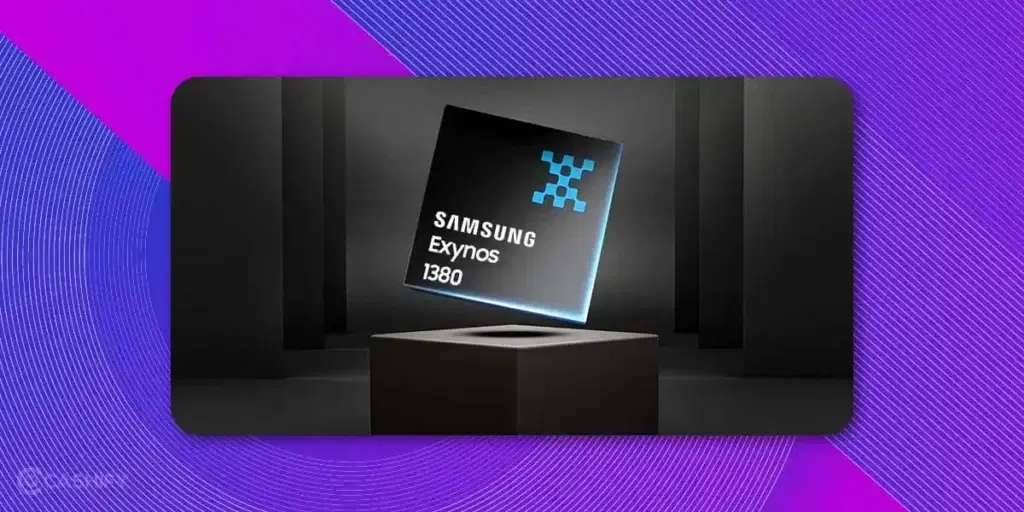
- You want a power-efficient processor for casual gaming and light tasks.
- You’re looking for a higher camera resolution (up to 200 MP).
- You want longer battery life in light use cases like web browsing and social media.
Choose Snapdragon 778G if:
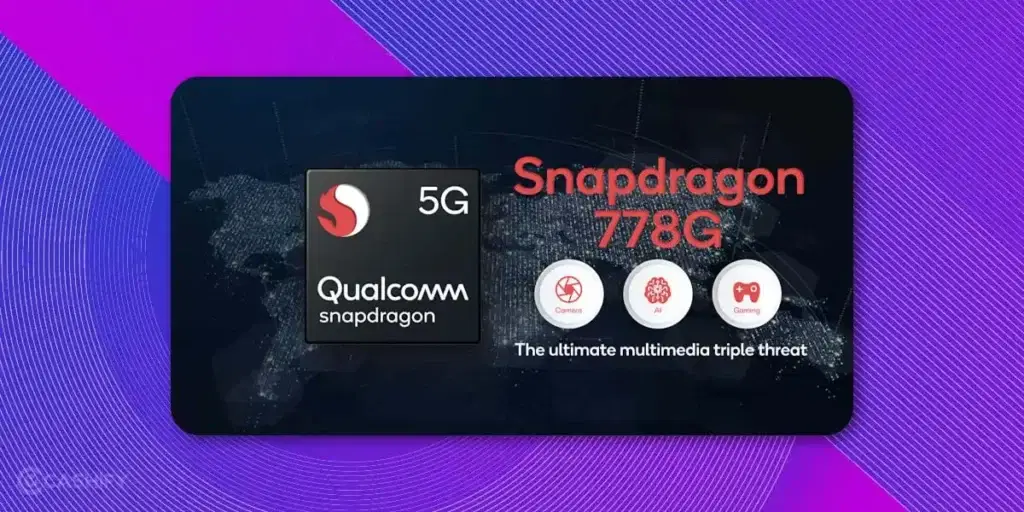
- You prioritize consistent gaming performance in demanding games.
- You need better real-world AI camera performance.
- You prefer a processor with mature software optimizations for UI navigation and multitasking.
Frequently Asked Questions
Is the Exynos 1380 equal to Snapdragon 778G?
Between the Exynos 1380 Vs Snapdragon 778G comparison, Exynos 1380 excels in battery efficiency and casual gaming. However, the Snapdragon 778G is better when it comes to camera, AI and multitasking.
What is the Snapdragon 778G equivalent Exynos?
Exynos 1480 is equivalent to Snapdragon 778G.
Is Snapdragon 778G powerful?
The Snapdragon 778G is still a highly-efficient chipset in 2025. It comes with advanced CPU, GPU and higher memory bandwidth, thus delivering exceptional results.
Also Read: Galaxy S24 Ultra Just Got Better With One UI 7: Here’s What’s New
If you’ve just bought a new phone and don’t know what to do with your old phone, then here’s your answer. Sell old mobile to Cashify and get the best price for it. If you are planning to buy a new phone, check out Cashify’s refurbished mobile phones. You can get your favourite phone at almost half price with six-month warranty, 15 days refund and free delivery.




